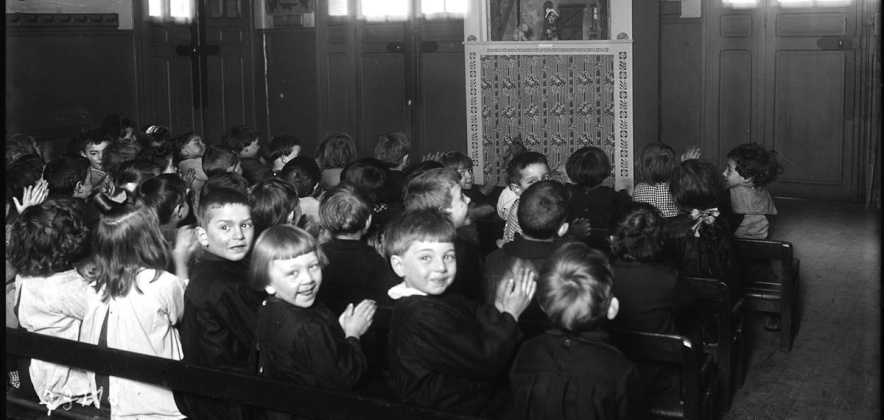
Among the social, economic and political contradictions of the post-war period that reverberate in Pauline Kergomard, an active and committed personality from a social and political point of view, is a French pedagogist who articulated her educational reflection between 1800 and 1900 whose name is related to the birth of the kindergarten in France. Starting from the experience of the so-called salles d'asile, whose function was mainly social, Kergomard developed a theoretical model that identified in the kindergarten, later renamed "kindergarten", a context that was in strong continuity with the family environment, both in the attitude of the educational staff, both in the organization of space and materials, and in the design and implementation of activities. In spite of the fame that this pedagogist enjoys on the international scene, thanks to her contribution to the French educational system, favoring the passage from a welfare conception to a formative one, Pauline Kergomard is not yet a prominent figure on the modern pedagogical scene. The purpose of this contribution is to demonstrate, through historiographical research, the relevant contribution his thought has made to the school of the time and to contemporary schools.
 Classified "A" by ANVUR in the fields 11/D1, 11/D2 Scientific in the field 14.
Classified "A" by ANVUR in the fields 11/D1, 11/D2 Scientific in the field 14.



